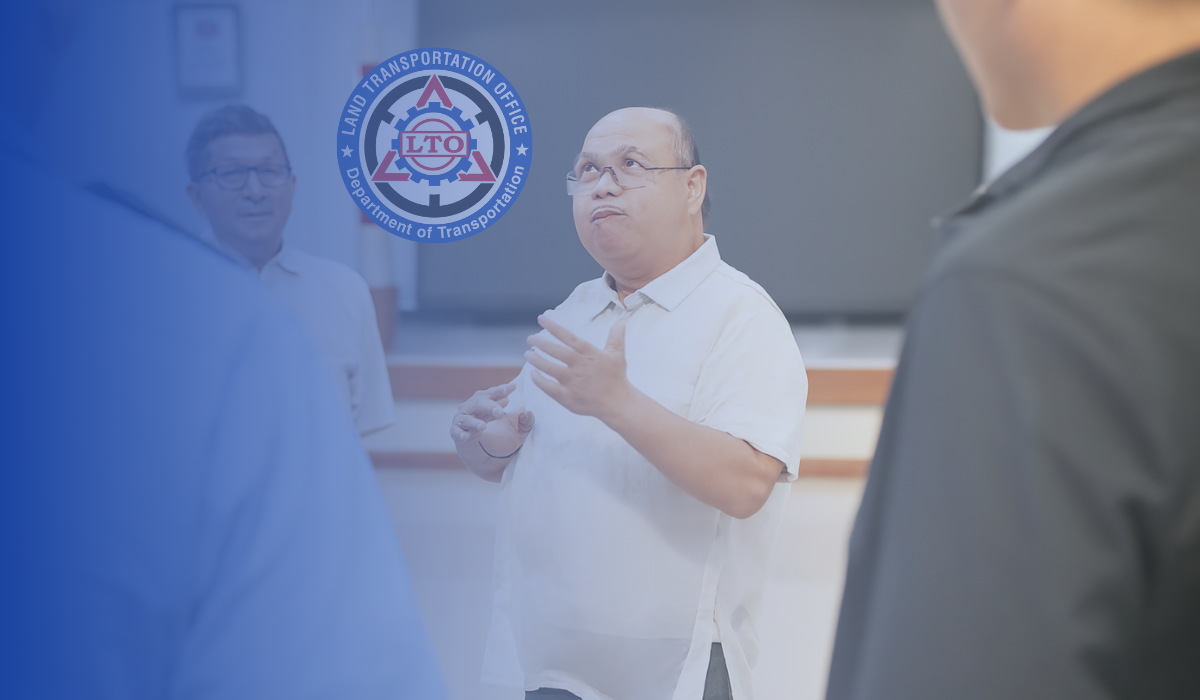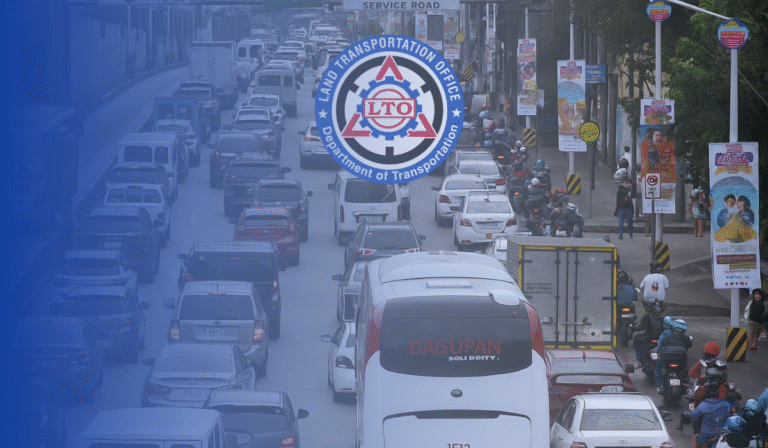LTO Chief Met With LES To Strengthen Agency Enforcement Strategies

LTO Chief Met With LES To Strengthen Agency Enforcement Strategies. In a recent meeting, Assistant Secretary Atty. Vigor D. Mendoza II, the Chief of the Land Transportation Office (LTO), discussed key strategies with the Law Enforcement Service (LES) to enhance enforcement protocols, particularly at the Ninoy Aquino International Airport (NAIA). This decision follows mounting concerns about the rising incidents of overcharging by transport providers at the airport. The collaboration between LTO and LES comes as part of a broader effort to improve accountability in the country’s transport services, an initiative that aligns with the directives from President Ferdinand R. Marcos Jr. and Department of Transportation (DOTr) Secretary Vince B. Dizon. The primary goal is to protect commuters from exploitation and ensure fairness in all public transportation services.
LTO Role in Strengthening Transport Oversight
The Land Transportation Office, under the leadership of Atty. Vigor D. Mendoza II, is dedicated to upholding the rights of commuters and enforcing policies that safeguard public interest. The LTO’s primary responsibility lies in ensuring that transport providers adhere to lawful practices, especially in high-traffic areas such as NAIA, where many local and international commuters rely on public transportation services.
Enhancing Law Enforcement at NAIA
Given the increase in overcharging incidents at NAIA, Atty. Mendoza emphasized the need for stricter enforcement measures. NAIA, being the country’s primary international gateway, witnesses a large number of travelers daily, which makes it an essential area for improving transport service accountability. The overcharging issue has been a long-standing concern, not only affecting the daily commutes of locals but also tarnishing the reputation of the country’s transport sector in the eyes of international visitors.
Atty. Mendoza’s meeting with the Law Enforcement Service marks a crucial step toward curbing such practices. The partnership aims to reinforce enforcement strategies that involve proactive monitoring and intervention, especially in high-risk areas where abusive practices may go unnoticed. Additionally, the focus is on providing better support for commuters, ensuring they are protected from unfair pricing and other forms of exploitation by rogue transport operators.
Key Directives for LES: Zero Tolerance for Abusive Practices
As part of the newly strengthened enforcement protocols, Asec. Mendoza reiterated the LTO’s zero-tolerance policy against abusive practices in transport services. This directive aims to create a more transparent and accountable system, particularly in locations prone to violations, such as airports, bus terminals, and major transport hubs.
In response to recent incidents of overcharging, Mendoza has called upon the Law Enforcement Service to intensify their surveillance and visibility in these areas. By ensuring that enforcement officers are highly visible, the LTO aims to deter unlawful actions before they take place, creating a more secure environment for commuters.
Furthermore, Mendoza has emphasized the need for all transport enforcement operations to be conducted fairly and in accordance with the law. This means that both enforcement officers and transport service providers are expected to maintain a high standard of professionalism and ethical conduct. As part of this initiative, LTO and LES are working together to develop a system for reporting violations, offering commuters a more direct and accessible way to address grievances and violations.
Public Cooperation: A Crucial Element in Ensuring Accountability
The LTO’s efforts to strengthen enforcement strategies at NAIA and other transport hubs rely not only on law enforcement but also on active public participation. Commuters are encouraged to report instances of overcharging or other forms of malpractice, ensuring that violators are held accountable.
Moreover, Atty. Mendoza’s directive to the LES underscores the importance of conducting fair and lawful operations. This ensures that any actions taken against transport providers are based on solid evidence and legal grounds, minimizing any risk of unjust treatment of service providers.
The LTO also acknowledges that public trust in the transport system plays a significant role in the overall success of this initiative. By working closely with LES, Atty. Mendoza aims to foster a sense of security and fairness among commuters, making sure they can rely on public transport without fear of exploitation.
Enhancing Transparency in Transport Services
A key component of the LTO’s strengthened enforcement strategy is the drive for greater transparency in the transport services provided at high-traffic areas such as NAIA. With increased scrutiny, the agency is working to ensure that all public transport operators comply with regulations and fair pricing schemes. The public’s confidence in the system is paramount, and transparency is one of the most effective ways to gain and maintain that trust.
One of the proposed solutions to enhance transparency involves the use of digital platforms where commuters can quickly report issues of overcharging or misconduct. This ensures that the LTO and LES can respond promptly and take appropriate actions.
Key Actions to Strengthen Enforcement at NAIA
| Action | Description |
|---|---|
| Increased Surveillance | Enhance monitoring in high-traffic areas like NAIA to prevent overcharging. |
| Zero-Tolerance Policy | Reinforce a strict policy against abusive practices in transport services. |
| Commuter Education | Provide information on rights and how to report overcharging and misconduct. |
| Lawful Operations | Ensure that all enforcement actions are in line with legal guidelines. |
| Public Reporting System | Develop accessible platforms for commuters to report violations. |
The Future of Transport Enforcement in the Philippines
As the LTO and LES continue to collaborate on strengthening enforcement strategies, the future of transport regulation in the Philippines looks promising. With a clear focus on protecting commuters and ensuring fair pricing, the new strategies aim to set a higher standard for public transport services.
The efforts of Atty. Mendoza and the LTO are a step toward a more accountable and commuter-friendly transport system in the country. With stronger law enforcement at key locations, such as NAIA, passengers can expect greater security and fairness, fostering a transport environment that is both reliable and just.
FAQs About LTO Chief Met With LES
What is the LTO role in strengthening enforcement strategies at NAIA?
Ans: The LTO primary role is to ensure that transport services operate fairly and according to legal guidelines. This includes monitoring for abusive practices, such as overcharging, and enhancing law enforcement at key locations like NAIA.
How can commuters report overcharging or other abusive transport practices?
Ans: Commuters can report such practices through the digital platforms provided by the LTO, ensuring that enforcement actions can be taken promptly.
What does the zero-tolerance policy mean for transport providers?
Ans: The zero-tolerance policy means that transport providers found guilty of overcharging or engaging in any form of exploitation will face strict legal consequences, reinforcing fairness and accountability in the transport sector.
Conclusion
The meeting between LTO Chief Atty. Vigor D. Mendoza II and the Law Enforcement Service is a crucial step toward addressing the widespread problem of overcharging and other abuses in the Philippine transport sector. With the backing of President Marcos and DOTr Secretary Dizon, the LTO and LES are working hand in hand to ensure a safe, transparent, and accountable transport system for commuters across the nation.






